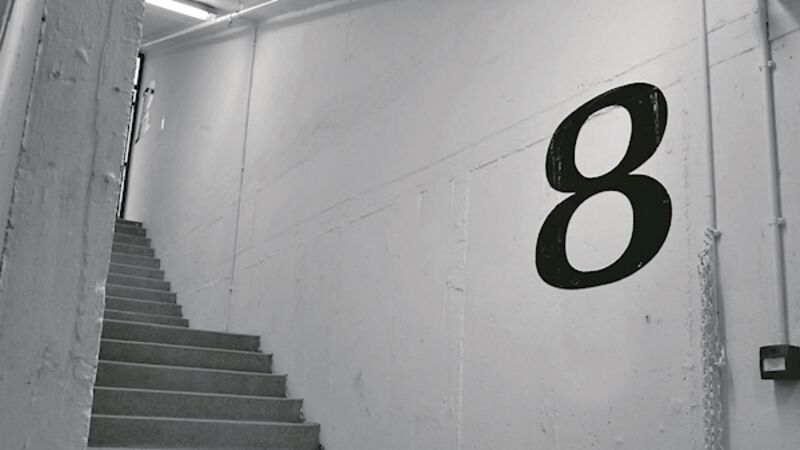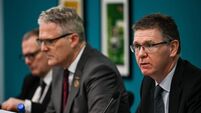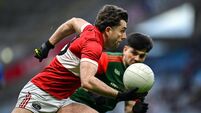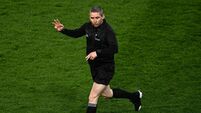Eight the lucky number on stairway to heaven

The Super 8s. Twelve games across four weekends that determines who emerges as the All-Ireland football semi-finalists and a scenario most uncommon in any sporting environment when knockout becomes a round-robin.
An intense period of football, we speak to some who took part in it last year to get their views on what is required; former Roscommon manager Kevin McStay, recently-departed Monaghan manager Malachy O’Rourke and Kildare’s Strength and Conditioning coach, Neil Welch.














